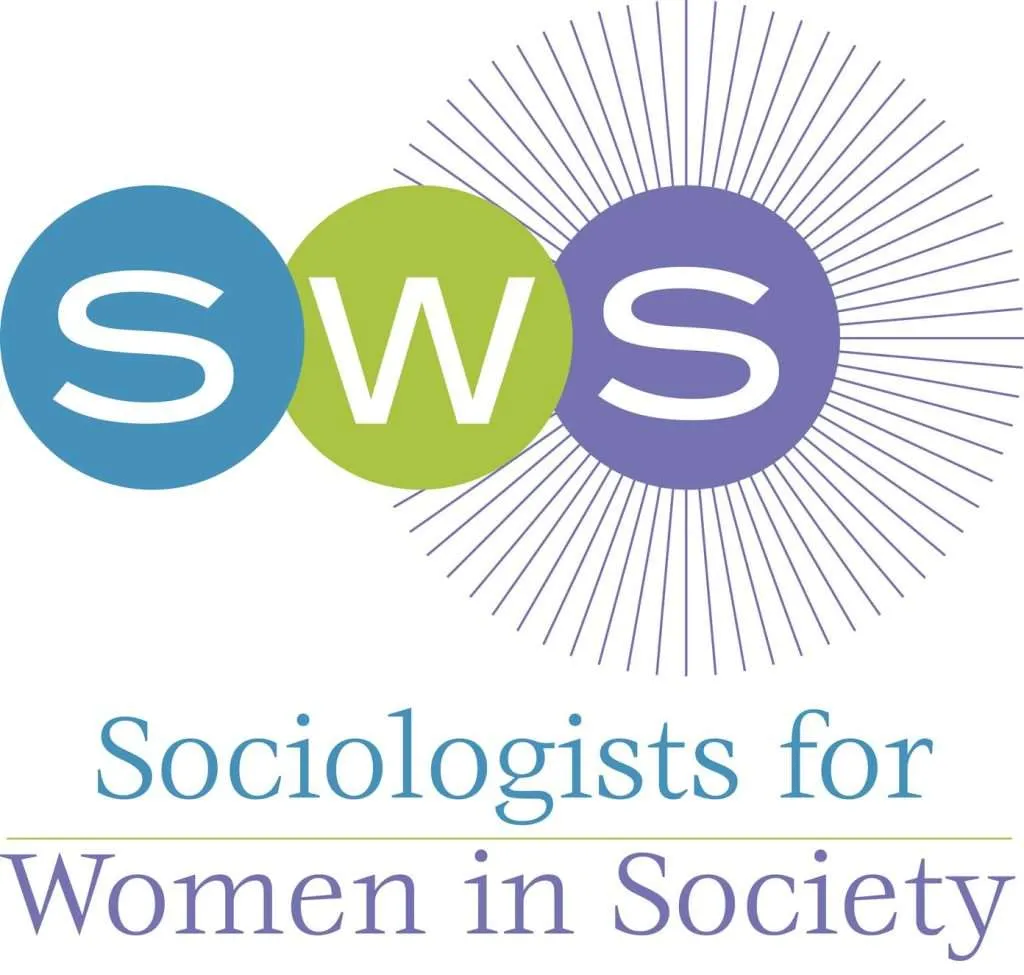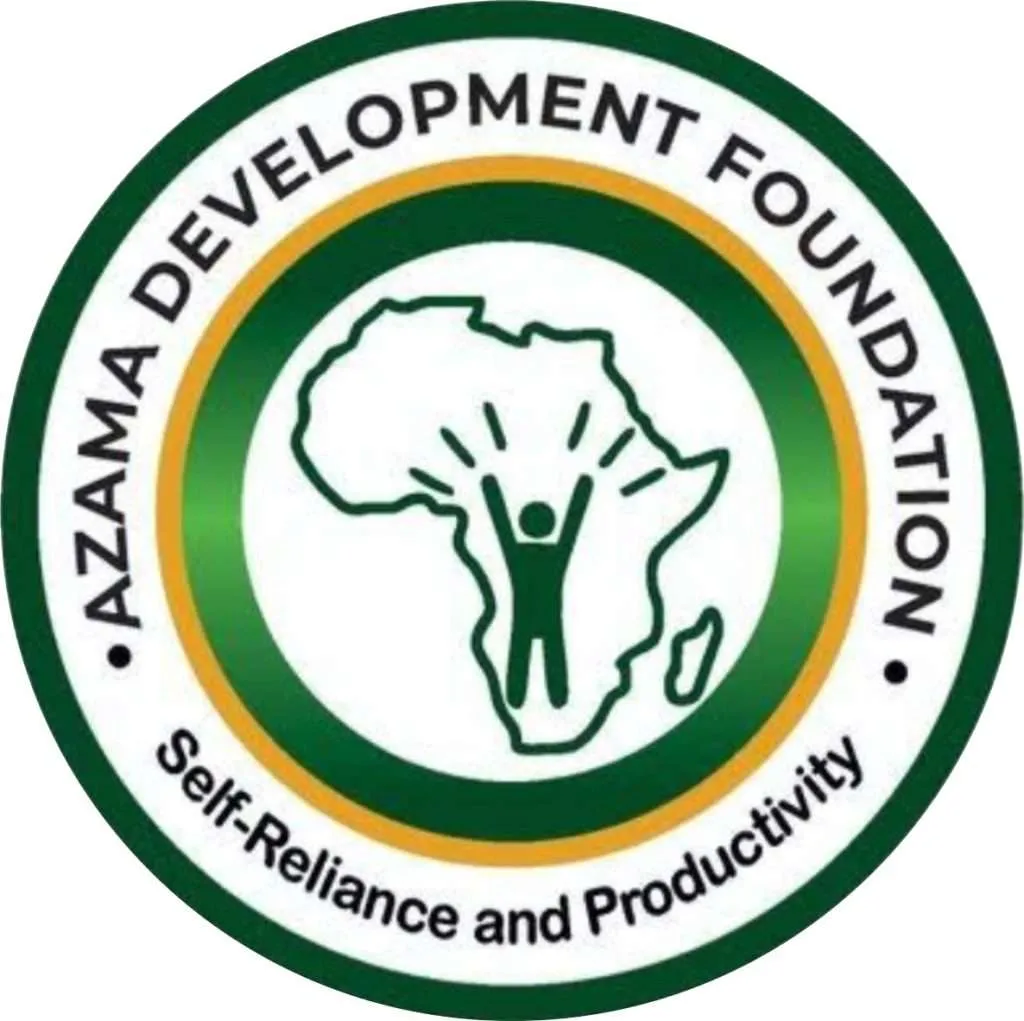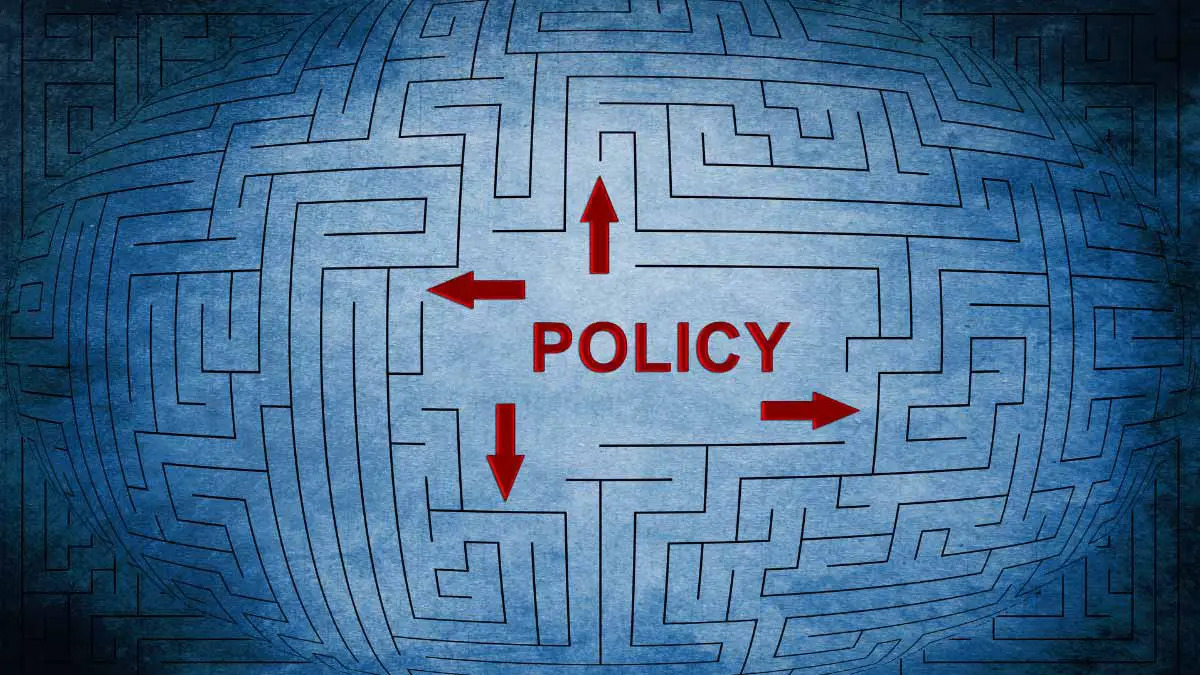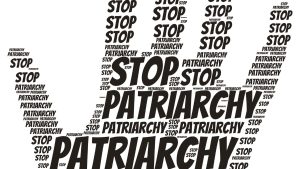Editorial Note
Thank you to our generous sponsors, Sociologists for Women in Society, Center for Equity Education, Azama Development Foundation, and Sociological Practice & Public Sociology (SPPS) – American Sociological Association (ASA) for helping us make Applied Worldwide’s 2023 “Why is Sociology Important?” student essay competition a success!
This essay on the value of sociology in the policy sphere has been published on behalf of Applied Worldwide’s 2023 Global Student Essay Competition. For the 2023 competition, we awarded 16 student essayists across eight countries and one US territory and will be sharing each winning essay in our “Why is Sociology Important?” essay collection.
This sociology essay was written by Juan Villasmil, a third year student of international relations at American University in the United States and earned a 1st place prize in the competition.
The Value of Sociology in the Policy Sphere, Juan Villasmil
As a student of International Relations in Washington D.C. who often finds himself involved in conversations about policy, I believe that sociology is an essential field of study that can bring enormous value to the wonkiest of conversations.
Sociology provides a unique perspective on social issues and helps us understand the complex interplay between social structures, culture, and individual agency. With this in mind, in this essay, I will argue that sociology is a valuable discipline because it helps us understand social problems, provides insights into the functioning of social institutions, and offers solutions to address social issues. Moreover, I will fixate on how sociology is instrumental in informing domestic policy, as well as foreign policy.
Sociology is a discipline that studies human social behavior, relationships, and institutions. One of the key contributions of sociology is its ability to help us understand social problems, and therefore aid in the development of policy. In fact. “evaluating social policy has been of interest to sociologists ever since the discipline was established,” as noted by Robert A. Scott and Arnold Shore.
In doing this, sociologists investigate issues such as poverty, inequality, discrimination, and social exclusion, and examine how these problems affect individuals and communities. By analyzing the root causes of social problems, sociologists are able to provide insights into how they can be addressed. Hence, in my view, as someone who cares deeply about reducing conflict and promoting social cohesion within national borders, and as someone who believes that most foreign policy blunders originate from a failure to understand realities on the ground, I firmly believe that a sociologist is, by nature, a policymaker’s friend.
In its ability to provide insights into the functioning of social institutions comes enormous values for policymakers who are all too often unaware of the complex relationships at play within communities. Social institutions such as family, education, and government play a crucial role in shaping our lives. Sociology examines how these institutions operate and how they influence individual behavior and social outcomes. For example, sociologists have shown that educational attainment is influenced not only by individual characteristics but also by factors such as family background, school resources, and social policies. By understanding the role of social institutions in shaping social outcomes, policymakers can develop policies that promote social mobility and reduce inequality. Therefore, sociology, properly understood, can aid in the pursuit of meaningful and effective policymaking, shielded from ideological abstraction and presumptions that lack a serious consideration of the different forces at play in the development of social ills.
Furthermore, although sociologists are definitely interested in studying social problems, many of them are also pioneers in positing solutions. For example, sociologists have developed interventions to address poverty, reduce inequality, and promote social integration. More specifically, in the foreign policy arena, for example, groups like the Department for International Development have used sociology to advance policy thinking that seeks to reduce poverty by tackling social exclusion. Additionally, sociology can aid in formulating interventions, ranging from micro-level interventions such as job training and financial assistance to macro-level policies such as social welfare programs and affirmative action policies. Thus, there is vast room in the field for specialization and immersion, making it fun, of course, but also meaning that for almost every policy idea, there is a sociological study that can help make the idea materialize into real, meaningful change.
Of the diverse areas of study in sociology, one that I have grown particularly interested in, after taking a fascinating class about terrorism and extremism with Professor Bashir Mobasher, an Afghan academic who focuses on this area, especially vis-à-vis the Taliban.
Terrorism, domestic and international, is an issue that everyone is aware of, and one with devastating consequences for individuals and societies around the world. Still, even with everyone being aware of its dangers, we have often failed in countering its rise, with major terror networks spreading within the United States and around the world. To better tackle terrorism, it is imperative to look at sociology— and take it seriously if you are a policy wonk!
Sociology offers valuable insights into the root causes of terrorism and provides a framework for understanding how to address this complex and multifaceted issue. Terrorism is a social phenomenon that is rooted in social, political, and economic structures. As such, there are a myriad of actions that can be taken beyond simply engaging in warfare. There are actually ways to prevent or at least decrease terrorism and extremism more broadly.
Sociologists have identified a range of factors that contribute to the emergence of terrorism, including poverty, social exclusion, political oppression, and cultural alienation. These factors create conditions that make individuals more susceptible to extremist ideologies and violence. By examining the social roots of terrorism, sociologists can provide insights into how to address this issue, and help government agencies like the U.S. Department of Justice examine what to do to prevent the rise of new terrorist groups.
By understanding structural factors, policymakers can develop strategies that address the root causes of terrorism, rather than simply responding to its symptoms.
Another contribution of sociology to the understanding of terrorism is its ability to analyze the social networks and organizational structures of terrorist groups. Sociologists have shown that terrorist groups are not isolated entities but are embedded in larger social networks that provide them with support and resources. By mapping these networks, sociologists can identify the key nodes and actors that enable the group to function, and develop strategies to disrupt their operations. For example, sociologists have used social network analysis to identify the individuals and organizations that provide financial support to terrorist groups, and have worked with law enforcement agencies to disrupt these networks, further demonstrating how sociology impacts many other fields of study.
Moreover, the case of the War on Terror is simply the most compelling illustration of the value of sociology in understanding and addressing terrorism. Following the 9/11 attacks, the US government launched a global campaign against terrorism, focusing primarily on military and intelligence responses. However, sociologists have argued that this approach is limited, as it fails to address the root causes of terrorism and can actually exacerbate the problem by creating more grievances and alienation. There is great diversity within the sociology world on how exactly to address this issue, but one thing is evident, more sociology, not less, would have greatly helped in countering terrorism in the Middle East in the last few decades.
![Quote graphic reading "why is sociology important?" followed by the quote "There is great diversity within the sociology world on how exactly to address [terrorism], but one thing is evident, more sociology, not less, would have greatly helped in countering terrorism in the Middle East in the last few decades." authored by Juan Villasmil](https://appliedworldwide.com/wp-content/uploads/2023/06/Juan-Villasmil-1024x1024.png)
A strategy to have in mind when thinking about preventing terrorism should definitely be the promotion of social and economic development in areas that are susceptible to exclusion. By providing individuals with economic opportunities and social inclusion, policymakers can reduce the appeal of extremist ideologies and create conditions that are less conducive to terrorism. By focusing on these structural factors, policymakers can develop strategies that address the root causes of terrorism, rather than simply responding to its symptoms.
Thus, sociology is crucial to understanding how to address terrorism. By examining the social roots of terrorism, sociologists can provide insights into how to address this complex and multifaceted issue.
The case of the War on Terror illustrates the limitations of a purely military and intelligence response to terrorism and highlights the importance of addressing the social and economic conditions that contribute to its emergence. By focusing on these structural factors, policymakers can develop strategies that are effective and sustainable, not shortsighted, ultimately contributing to a more peaceful and secure world.
In conclusion, sociology is a valuable discipline that brings value to the world around us. It helps us understand social problems, provides insights into the functioning of social institutions, and offers solutions to address social issues. As a student of International Relations and someone who wants to influence policy one day, I believe that sociology can provide a valuable perspective on the complex social issues that we face today. By understanding the social dimensions of these problems, we can develop policies that are conducive to stronger communities, safer neighborhoods, happier people, and so much more.
Meet our 2023 Global Student Essay Competition Sponsors!

Sociologists for Women in Society is a nonprofit professional feminist organization dedicated to:
- Encouraging the development of sociological feminist theory and scholarship
- Transforming the academy through feminist leadership, career development, and institutional diversity
- Promoting social justice through local, national, and international activism
- Supporting the publication and dissemination of cutting edge feminist social science

El Center for Equity Education es una organización sin fines de lucro 501c3 dedicada a brindar servicios educativos y de prevención de DEI&A, discriminación, acoso y acoso sexual de calidad y asequibles.

Azama Development Foundation es una organización no gubernamental que trabaja activamente para el desarrollo de jóvenes y mujeres para que sean autosuficientes y productivos. Nuestra misión es transformar las vidas de jóvenes y mujeres de toda África para que sean autosuficientes y productivos, contribuyendo activamente a la economía nacional, la educación y el desarrollo, erradicando así la pobreza, el analfabetismo y la falta de educación en la región.

Sociological Practice & Public Sociology (SPPS) promueve el uso de la sociología para informar la investigación, la práctica y las políticas públicas más allá de la academia. En resumen, nos enfocamos en hacer que la sociología sea procesable. SPPS se centra en la sociología pública y aplicada como una sección de la Asociación Americana de Sociología (ASA).







